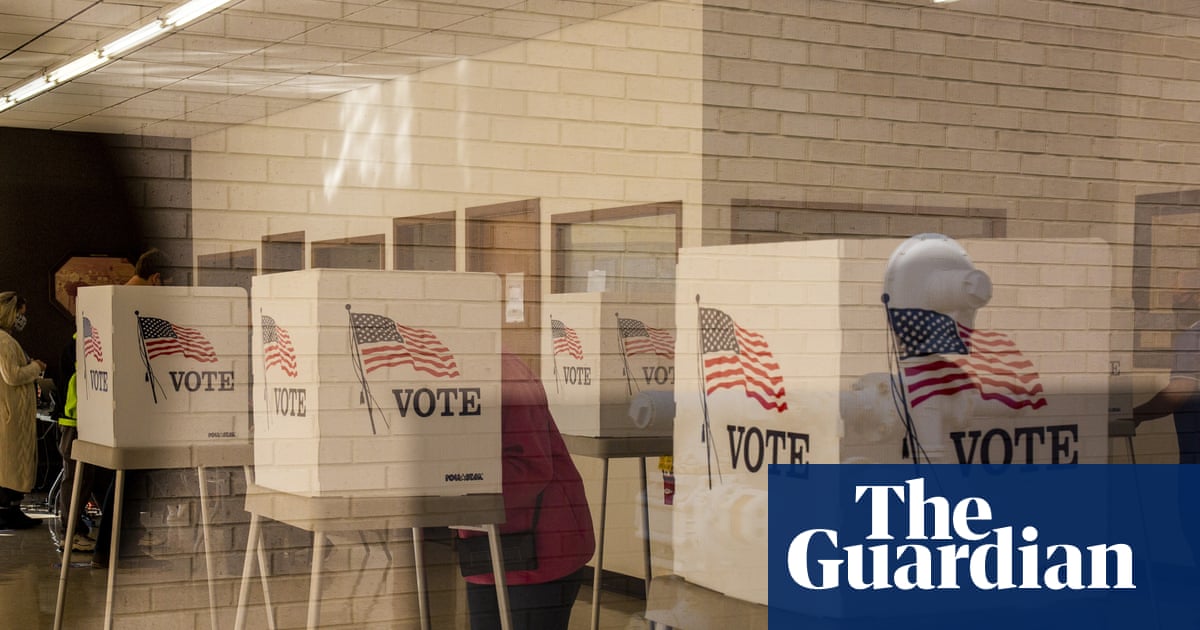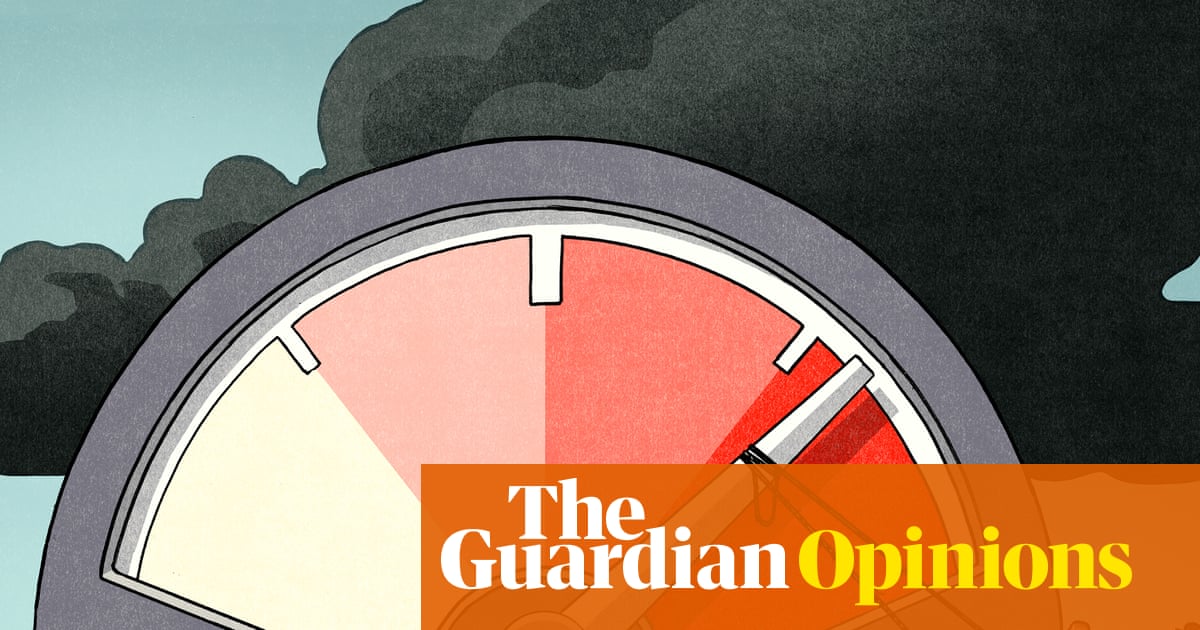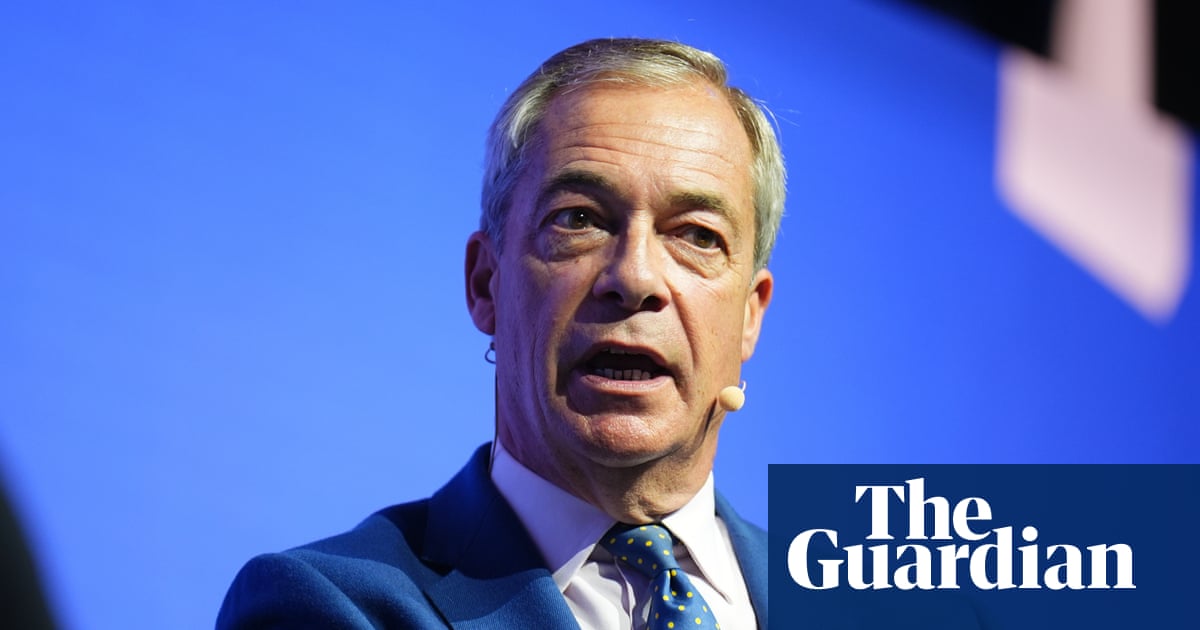The UK charging industry has said it could face a £100m bill as the government considers making public charger operators pay business rates for the first time, at a time when slower-than-expected electric car sales have put pressure on the sector.
ChargeUK, an industry body, said that its estimates suggest that operators will have to pay business rates on as many as 64,000 parking bays beside chargers which have not, up to now, been liable for the taxes. The lobby group said the change could add as much as £300 to the annual charging bill for some people if the cost is passed on to the customer.
The number of public chargers has soared during recent years to cater for more than 1m battery electric cars on British roads. There were 86,000 public chargers at the end of September, an 18% increase on the 73,000 at the end of 2024, according to data company Zap Map.
Business rates are taxes paid on most commercial properties in the UK to fund local services, but charging bays have not yet been added to lists of rateable properties. The Valuation Office Agency (VOA) has told the charging industry this will change next April – meaning charging companies will have to pay the taxes for the first time.
Ian Johnston, the chief executive of Osprey Charging, said that his business would consider closing some sites and slowing down investment because of the extra costs – particularly away from London, which has the highest number of electric cars.
“Large, high-power hubs in certain regions of the Midlands and north [of England] are more likely to be loss-making because we have built ahead of EV uptake,” he added.
ChargeUK said it believed that the VOA’s own assumptions of a £25m cost for the sector were too small, because it had underestimated how many bays would be rateable, and the average rents paid.
To make matters worse for the charger companies, the bill may be backdated as far as 1 April 2023 as the VOA works out the final details of its review. That might mean that the first bill for the current financial year could be more than double the £100m.
The Conservative government in 2022 exempted charging equipment from business rates, but the parking bays themselves were not included. The VOA said that individual bays in larger charging sites and standalone EV charging sites would probably be added to ratings lists, because the operator tends to have exclusive occupation of the spaces.
ChargeUK argued that the bays should also be exempted, given the government’s desire to promote the uptake of electric vehicles to meet its legal obligations to cut polluting carbon emissions. The Treasury would have to exempt the sector in the budget on 26 November.
after newsletter promotion
Vicky Read, the ChargeUK chief executive, said: “The cost pressures the sector is bearing are tough, with business rates threatening to be the straw that breaks the camel’s back. We need government intervention to remove this unexpected burden, alongside action to address sky high standing charges [on electricity] and inequitable VAT.”
A VOA spokesperson said it would engage with the charging companies, and added: “We have a statutory duty to maintain non-domestic rating lists. If any property meets criteria in line with legislation and rating law, we must assess it and assign it a rateable value.”
The Treasury was approached for comment.

.png) 3 months ago
194
3 months ago
194

















































